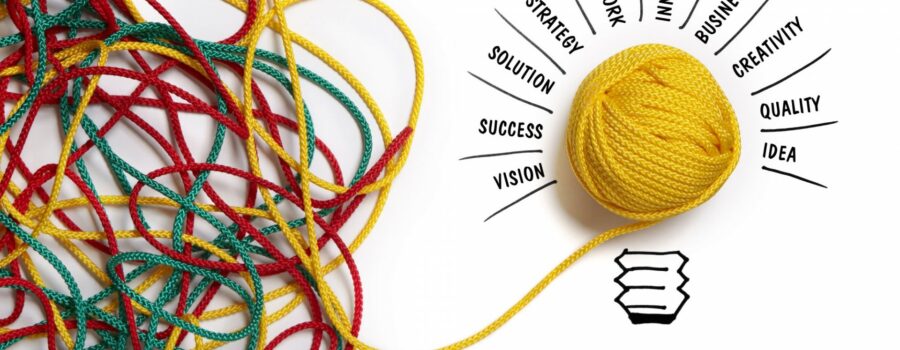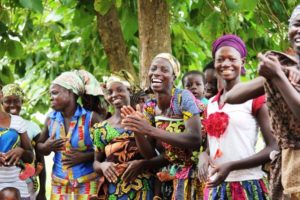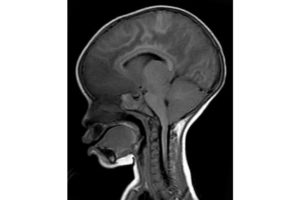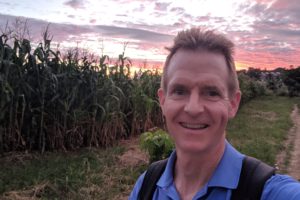Good news and bad news were mixed together the last two weeks of the DON clinical trial.
As you may remember, this study is about establishing the safety of a new drug (acronym DON for 6-diazo-5-oxo-L-norleucine) for the treatment of children with cerebral malaria. Before we administer DON to critically ill children, though, we are evaluating safety in two other groups: Healthy Adults and Adults with Uncomplicated Malaria.
The team working on this project in Malawi did an excellent job of enrolling Healthy Adults. They pre-scheduled two participants to come in early Tuesday mornings and two more on Thursday mornings. (In the world of clinical trials, people who agree to take part are referred to as “participants”.) These very kind people had their blood drawn to make certain they were healthy and that women were not pregnant. If all checked out, they received a single dose of DON intravenously. We watched them for 24 hours, drawing their blood multiple times to make sure the drug is safe. We follow them for 6 months to make sure there are no untoward effects.
The strategy of scheduling participants to come in on Tuesday and Thursday mornings worked marvelously. After we enrolled the fortieth and last Healthy Adult, the group had a party with chocolate cake and the sweetest soft drinks I have ever tasted. Little did we know that the harder task lay ahead: finding Adults with Uncomplicated Malaria who would agree to take part.
When malaria causes disease, the illness falls into two major categories: uncomplicated or severe. People with uncomplicated malaria have a flu like illness and, by definition, they do not die. People with severe malaria have a sign that one of more organ systems (kidneys, liver, brain) are not working correctly. Cerebral malaria (where people fall into coma and have seizures) is an example of severe malaria. So why is it so complicated to find Adults with Uncomplicated Malaria who will agree to take part?
Likely, it is a minority of people who wake up in the morning, do not feel well, go to get a blood test, and then (still not feeling well) have the ability to drop everything and come Help the World without going home to make a few arrangements for other life responsibilities.
Last Friday, five people were diagnosed with uncomplicated malaria at the health center right next door to where we are enrolling participants in DON. These five people were approached to take part in the DON clinical trial and they all turned us down. Zero for five meant we were doing something wrong.
We think that the problem is personal logistics. Adults with Uncomplicated Malaria have woken up and do not feel well. They decide to join the early morning queue at a health center to receive a malaria test. If their malaria rapid test is positive, our staff approached them to come next door to our clinic, talk to us, get their blood drawn, and if all was well to stay for 24 hours and receive DON. The nurses who were doing the recruitments were reluctant to let people go home, collect their things, put their lives in order (find someone to take care of their kids, etc.) and return later in the day for enrollment. They were rightfully concerned that if people went home, many of them might not come back. Hindsight is 20/20. Clearly this approach was not reasonable. Likely, it is a minority of people who wake up in the morning do not feel well, go to get a blood test, and then (still not feeling well) have the ability to drop everything and come Help the World without going home to make a few arrangements for other life responsibilities.
Last night, I thought about a way out of this conundrum and sent a very long, detailed email to the Malawi team who are working on in Blantyre right now. Since the medication to treat uncomplicated malaria takes about 24 hours to clear malaria parasites from the blood, people can go home for a few hours, find a babysitter (or whatever) and return within a few hours and still take part in the clinical trial. We have also contacted other nearby health centers to have them send us patients. We have arranged transportation for people who qualify to receive DON to go home and then return within 6 hours to be enrolled. Fingers crossed that it works.






